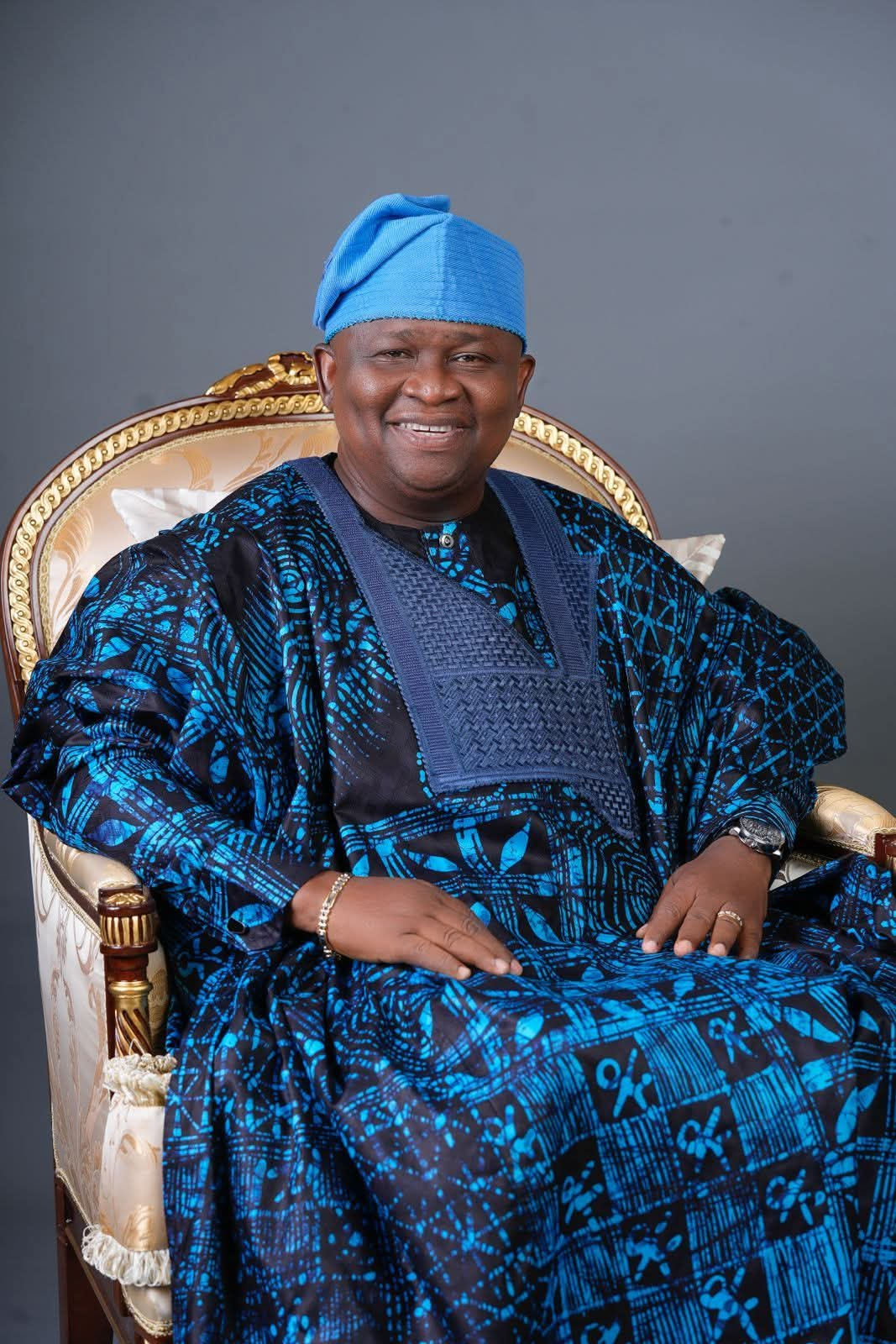The Psychology Of Disliking A Good Person…. A Case Study Of Senator Adeola Yayi’s Naysayers
OLAIDE ASHABI RUKAYYAT

People generally don’t hate someone for being genuinely good and nice; in fact, they often admire and are drawn to such people. Hatred is a strong emotion typically reserved for those who have caused them harm, not those who have been kind. However, complex human emotions can sometimes lead to feelings of resentment or dislike toward a person who seems “too good,” even when their actions are harmless. This isn’t true hatred, but rather a more nuanced psychological response. These people might feel this way because the person’s goodness highlights their perceived flaws, making them feel inadequate or guilty.
One of the main reasons someone might feel animosity toward a person who is “too good” is insecurity. When they’re struggling with their own weaknesses, a person who embodies perfection—or at least seems to—can be a walking reminder of their own shortcomings. His kindness and virtue can feel like a reproach, even if it’s not intended that way. It’s not the good person they hate, but the feeling of inadequacy he provoke within them. This feeling can be particularly strong in competitive environments, where one person’s success or moral high ground is seen as a direct threat to another’s self-worth. It’s a classic case of shooting the messenger, where the “messenger” is someone’s seemingly flawless character.
Sometimes, negative feelings stem from a deeper psychological phenomenon known as the “shadow self”. This Jungian concept suggests that everyone have parts of their personality—flaws, fears, and negative impulses—that they repress or deny. A person who is genuinely good might embody the virtues they wish they had but have suppressed. For instance, if someone has been selfish, seeing another person who is consistently generous can be unsettling. His goodness holds up a mirror to the parts of them they’re not proud of. Rather than confronting their own shadow, it’s easier to project their negative feelings onto the person who makes them feel uncomfortable, leading to irrational dislike.
In conclusion, genuine hatred for a truly good and nice person is rare. What’s often labeled as “hate” is more accurately resentment, envy, or distrust stemming from their own internal struggles. Whether it’s the sting of insecurity, the suspicion of insincere motives, or the discomfort of confronting their own repressed flaws, the negative feelings they have are usually a reflection of theirselves, not a condemnation of the other person. A person’s kindness doesn’t create the hatred; it merely reveals the pre-existing emotional and psychological complexities that were already lurking within the hater.











